Beijing is my home
Editor’s note: This year marks the 40th anniversary of China’s reform and opening-up, and huge changes have been made in Beijing, capital of China, over the past 40 years. We have invited 40 foreign experts to participate in a series of interviews named “New Era, New Insight” jointly hosted by GMW.cn(The official website of Guangming Daily) and the Information Office of Beijing Municipality and share their “Beijing Stories”. The following is a part of the interview with U.S. photographer Dan Sandoval.
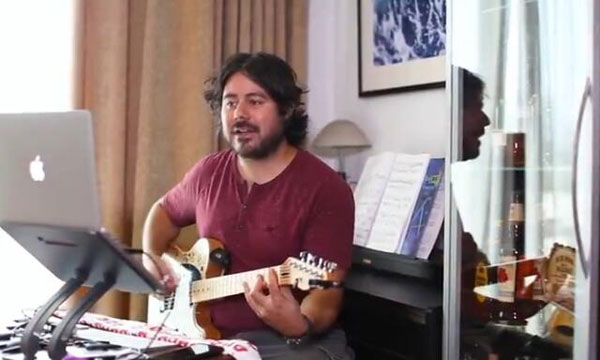
U.S. photographer Dan Sandoval (Photo source: Guangming Online)
One of the main reasons that I live in Beijing and staying here, actually, a big part is it’s an international community. It makes it, first of all, for my career, much more viable.
I get very good Chinese clients. But most of my clients actually tend to come from foreign communities. And the rates tend to be better with those clients.
Now I’m here in Beijing. And I started to put down roots here in Beijing. And moving around is not an easy thing to do. In one year, I think I moved house for four times. It’s a huge headache to do it.
So once I found a place and I really like it. If you look around, you can see, I tried to make the place my own. I make it feel like home. Because if I’m going to travel as much as I do, when I come back at a place,
I really want to feel like at home, no matter where it is. So the more you make a place like your home, the harder you move away from that place also. The landscape of Beijing has changed quite a bit.
I mean, like what I said before, buildings been innovated or torn down. There are a lot major changes all over. Communities, I completely changed the dynamic, where communities used to be quite a little hutong neighborhoods.
You now have very busy commercial streets. Where you have busy commercial streets in the hutong before, now they are back to be residential neighborhoods.
The dynamic changed quite a bit. In terms of the visuals of the city, you’ve got new buildings coming up horizons all the time. But on top of that the people have changed a bit as well.
Depending on the neighborhood, but I feel like you have a lot of patience for like photography especially right now. I have been in China for about ten years.
I’m not the person that came to China only spoke to other foreigners. I leant it mostly by talking to people, taxi drivers on my way into the city or back home.
There are a few Chinese concepts that I think very interesting. One of them that has no really direct translation is “麻烦”. Because “麻烦” doesn’t translate in English very well. It can mean so many things.
That’s a great phrase.I found myself using it in English often or so. I would say, “Oh, it’s just too much 麻烦, I don’t want to deal with it.” But another one that is quite interesting, with Chinese I find that Chinese like to reuse old concepts in the language.
And things like “马上”, literally “on the horse”, it’s on the way. Its literal concepts are quite still funny.You know that’s the way words were made. Computer, electric brain, telephone, electric talk, these little concepts are quite funny.
But of course, you got things that are quite ingrained in Chinese societies, like “缘分”. The idea of 缘分 is like “if it happens, it happens. If it doesn’t, it doesn’t.” It’s 缘分.
This is the little phrase that I quite like Chinese. In terms of looking at photos here in Beijing, we actually got a community of professional photographers. We all often share work.
And that gives actually basis for comparison. Here what other people are doing in China. Mostly we got one in Shanghai, one in Beijing. It’s really good to see what other people working at the same level as you are doing.
But at the same time, places like 798 have great and good exhibitions. There are couples of photo galleries. A few of them are very boring, or too modern for me, maybe just too authentic, not enough realism for some galleries.
But in general, there are some galleries that bring really good work, and I will go and check those out every now then. Mostly, I tend to focus on looking at photos of people, or actually, it is photos of life that I looked for.
It doesn’t necessarily to be the people, but it can be wild life, can be people, it can even be landscape that I have the feeling of life in it. Because that’s what I try to bring in my photos,
I tried to make my photos alive, even if it’s just a landscape that I want to create some sort of living feeling in a person that is looking at the photos.
I think some of my favorite interactions with photos in general tend to be with old people. Old people tend to not expect too much from the photos, they are just willing to do it.
Because they are there, then why not. And one of my remember was a lady that was dressed very colorful outfit, really big sunglasses on the top of Jingshan Mountain, near the forbidden City.
A lot of times, I would talk to people, have a small conversation with them before I take photos. She was really happy to have that conversation.
She has never talked to a foreigner in Chinese before. And it is getting a genuine smile that I can visualize the image in my head. That smile that she has is very genuine, very true and connecting to the viewers of photos as well.
That’s quite pleasant memory. Home is where my guitar is. I have a guitar in LA, and I have a guitar here in Beijing. So the concept of home is a little bit different. Even though this place, I have all my things in Beijing, it really feels like at home.
Going back to LA, when I was at airplane looking at Los Angeles, it’s about to land, it really feels like home. So there is no one place that, in my heart, feel as home. But when I think of home, I think of here in Beijing. 





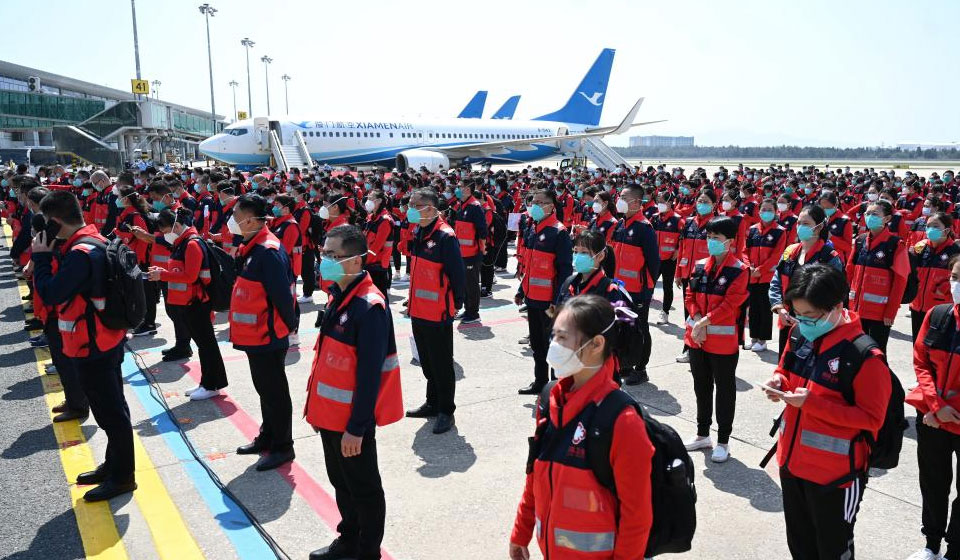
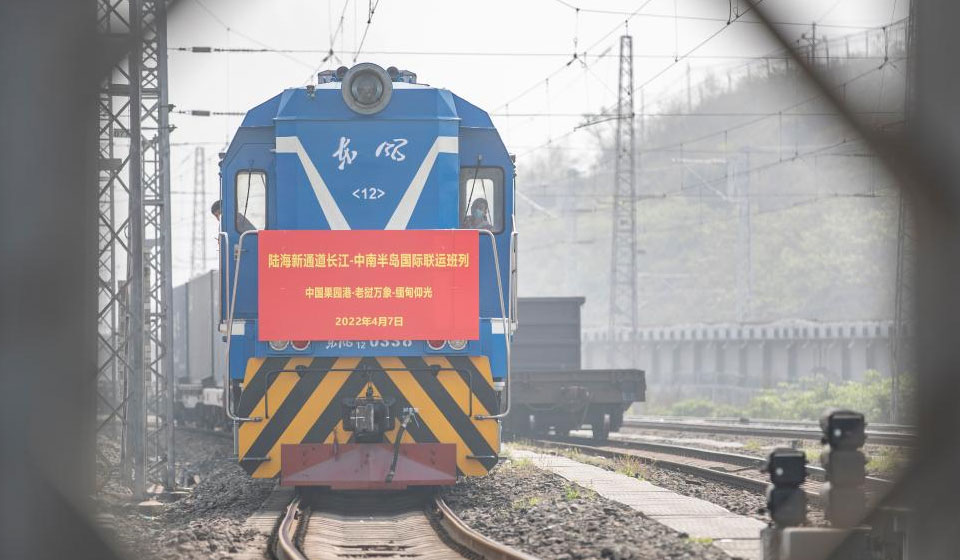
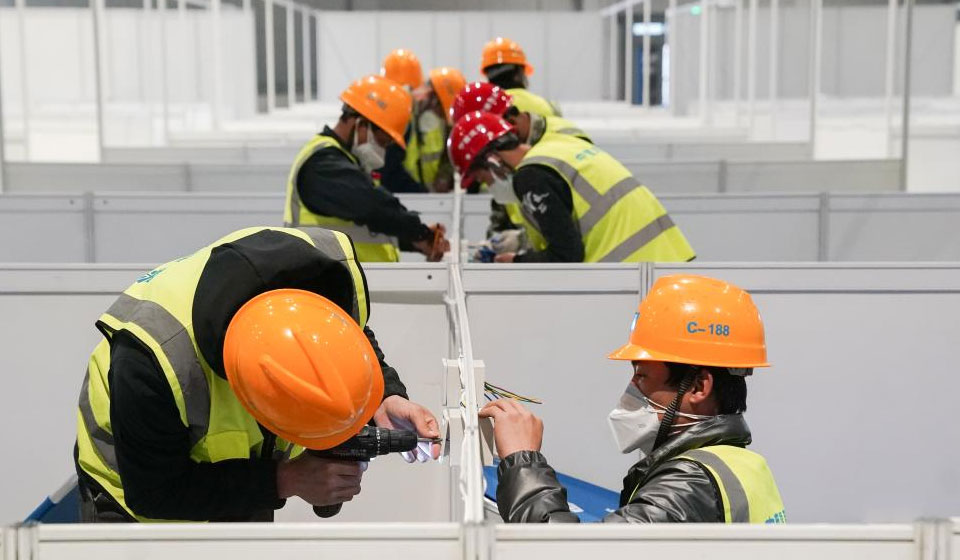
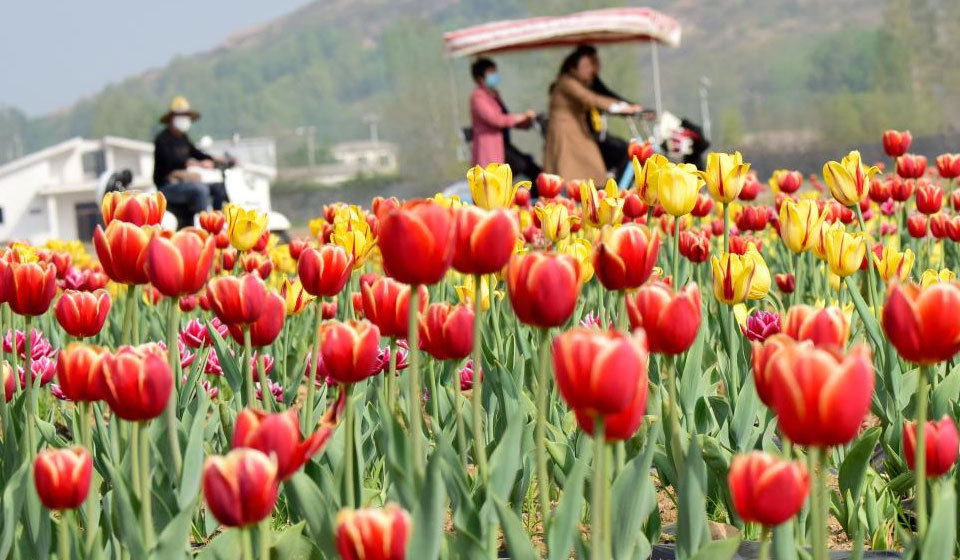

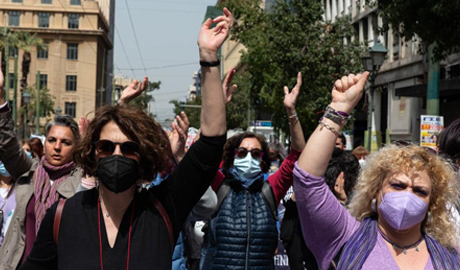

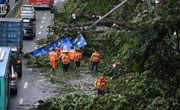

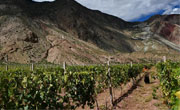
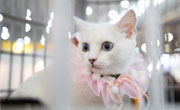

Comments are filtered for language and registration is not required. Guangming Online makes no guarantee of comments' factual accuracy. By posting your comment you agree to our house rules.